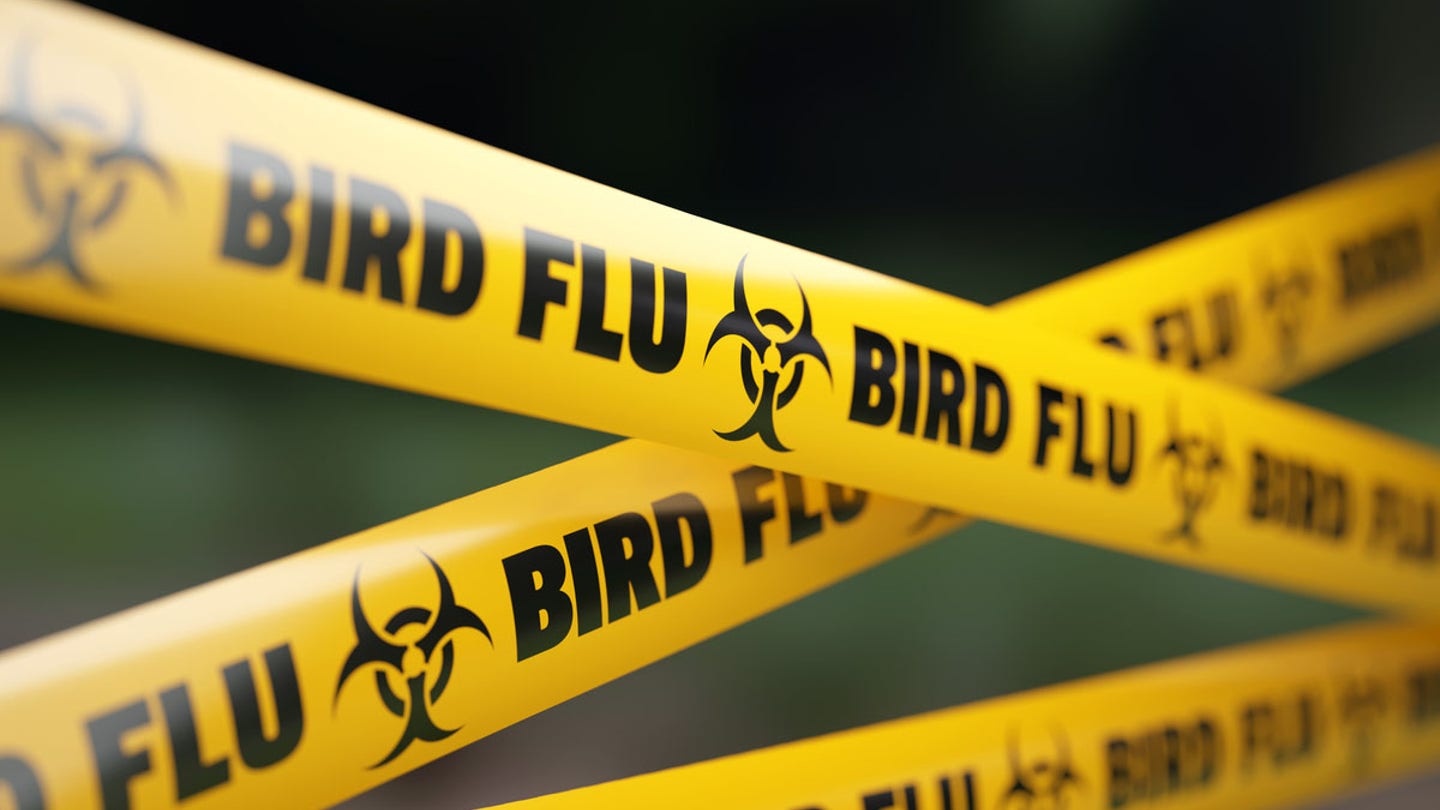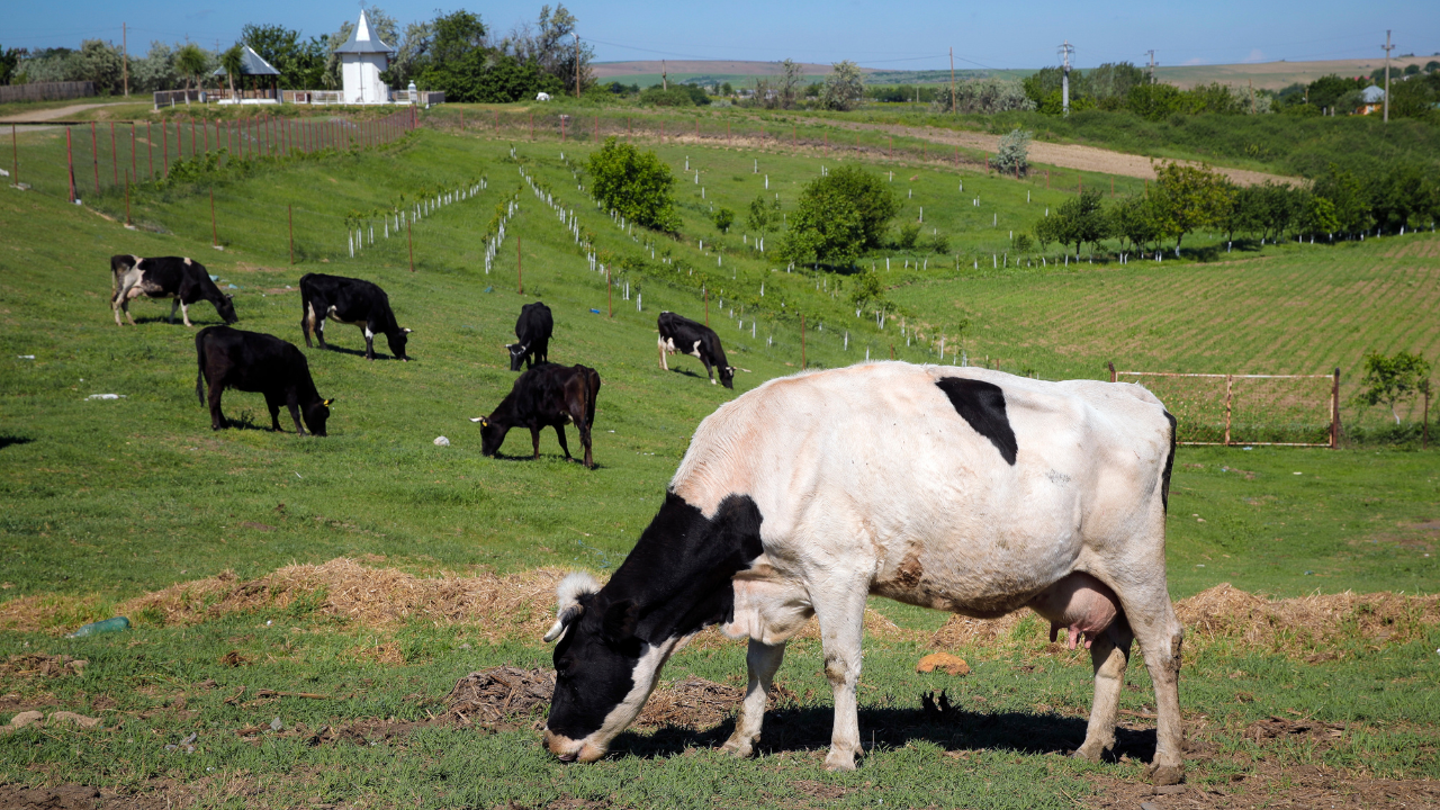[ad_1]
The first presumed human case of avian influenza (H5N1, or bird flu) has been reported in Canada.
Canada’s Health Minister Mark Holland confirmed the report in a post on X.
“To date, there has been no evidence of person-to-person spread of the virus in any of the cases identified globally,” he wrote.
“Based on current evidence in Canada, the risk to the general public remains low.”
FIRST CASE OF HUMAN BIRD FLU DIAGNOSED WITHOUT EXPOSURE TO INFECTED ANIMALS, CDC SAYS
Holland also noted that the Public Health Agency of Canada is working with the BC (British Columbia) Centre of Disease Control and Office of the Provincial Health Officer, and that the agencies “will remain in close contact to protect Canadians.
The patient, a teenager in British Columbia, is currently being treated at BC Children’s Hospital, according to a press release from the BC government.
“A public-health investigation has been initiated to determine the source of exposure and identify any contacts,” the province stated in the release.
PIG INFECTED WITH BIRD FLU FOR FIRST TIME IN US, HEALTH OFFICIALS CONFIRM
“The source of exposure is very likely to be an animal or bird, and is being investigated by B.C.’s chief veterinarian and public health teams.”
Sam Scarpino, PhD, director of AI and life sciences at Northeastern University in Boston, said the potential H5N1 infection is Canada is “concerning” for two reasons.

The Public Health Agency of Canada is working with the BC Centre of Disease Control and Office of the Provincial Health Officer to investigate the case, according to a statement. (iStock)
“First, the individual is hospitalized, which suggests a more severe infection than we have typically seen in the U.S.,” he told Fox News Digital.
“Assuming they do not have underlying health conditions, it’s uncommon for teenagers to be hospitalized for an influenza infection.”
TUBERCULOSIS HAS OVERTAKEN COVID AS WORLD’S DEADLIEST INFECTIOUS DISEASE
This also represents the first known locally acquired H5N1 infection in Canadian history, Scarpino noted.
“Reading between the lines in the official press release from British Columbia, it sounds as though they have reason to suspect the hospitalized individual may have had recent contact with livestock and/or wildlife, suggesting they were infected via spillover from an animal host,” he said.

Canada’s Health Minister Mark Holland confirmed the presumed human case of bird flu in a post on X. (Getty Images)
“However, if evidence emerges of possible human-to-human transmission, that would raise the threat level considerably.”
Regardless of how this infection occurred, Scarpino said, “It’s becoming more and more clear that H5N1 has become a persistent threat in North America.”
CLICK HERE TO GET THE FOX NEWS APP
In the U.S., as of Nov. 8, there were a total of 46 confirmed reported human cases of bird flu, according to the Centers for Disease Control and Prevention (CDC).
A majority of the U.S. cases have been in California (21), Washington (11) and Colorado (10).

“To date, there has been no evidence of person-to-person spread of the virus in any of the cases identified globally,” Holland wrote. (iStock)
Last week, a CDC study revealed that among farm workers who were exposed to H5N1-infected dairy cattle, 7% had bird flu antibodies.
This suggests that they were previously infected with the virus.
CLICK HERE TO SIGN UP FOR OUR HEALTH NEWSLETTER
Based on these findings, the CDC is calling for “active monitoring of exposed workers and testing to detect and treat HPAI A(H5) infections, including those in persons with very mild symptoms.”
“We can’t afford to keep letting this virus spill over into humans.”
The agency also recommends expanded access to personal protective equipment (PPE) for farm workers.

Last week, a CDC study revealed that among farm workers who were exposed to H5N1-infected dairy cattle, 7% had bird flu antibodies. (AP Photo/Vadim Ghirda, File)
“It’s clear we need broader, more systematic serosurveillance efforts and to triangulate the results of those studies with clinical and wastewater surveillance data,” Scarpino told Fox News Digital.
“We also need to offer H5N1 vaccines to dairy farm workers and ensure they have access to proper PPE.”
“We can’t afford to keep letting this virus spill over into humans,” Scarpino went on.
For more Health articles, visit www.foxnews.com/health
“It’s only a matter of time before someone dies an unnecessary death and/or we start seeing human-to-human transmission.”
Fox News Digital reached out to Canada Health for comment.
[ad_2]
Source link

